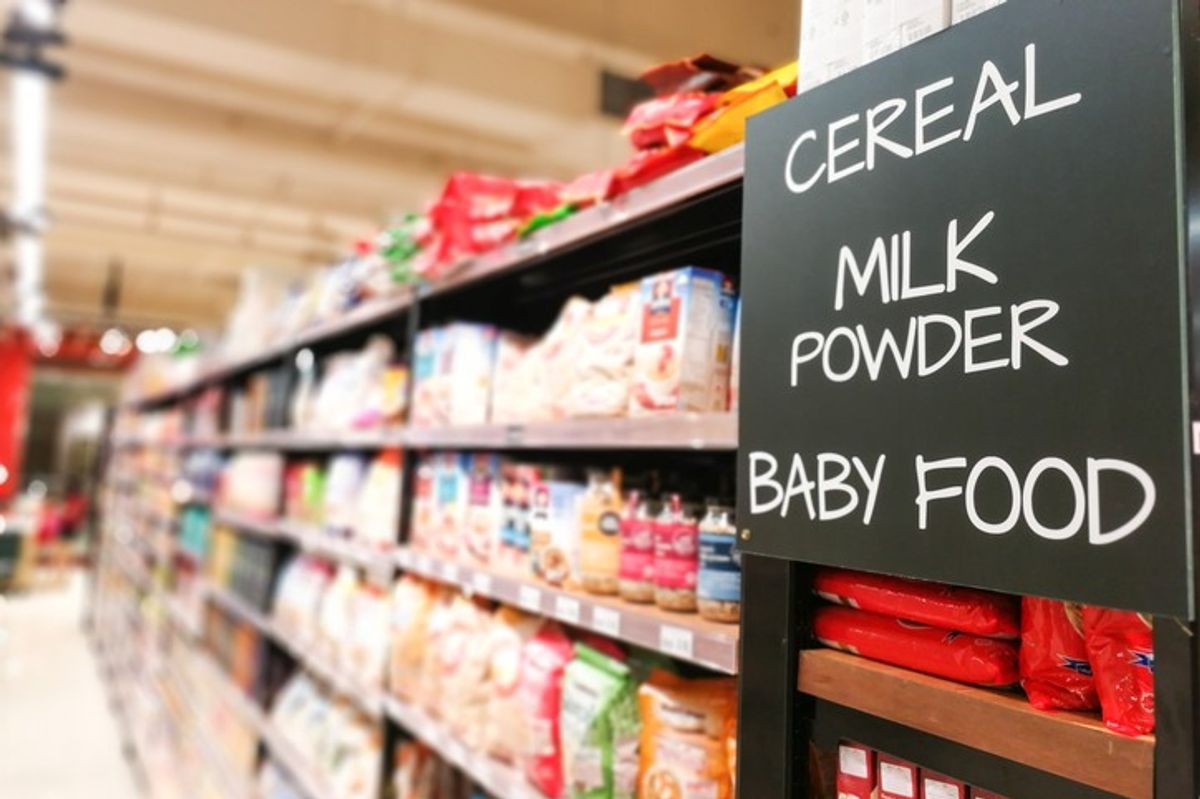The latest wave of the Food Standards Agency’s (FSA) Food and You 2 survey, conducted between October 2022 and January 2023, revealed that levels of food insecurity reached 25 per cent, an increase from 16 per cent when the first wave of the study was conducted between July and October 2020.
In simple terms, food insecurity means having limited or uncertain access to adequate food.
For the first time, the survey asked people to specify what changes they were making to their eating habits for financial reasons. The findings show that 80 per cent of respondents reported that they had made changes to their eating habits for financial reasons in the previous 12 months.
The most common changes related to what and where respondents ate, with 46 per cent eating out less; shopping habits, with 42 per cent of people buying items on special offer more; and food preparation, with 29 per cent of people preparing food that could be kept as leftovers more often.
The research has also revealed that food prices remain the top food-related concern for people (65%), with food waste (62%), the quality of food (62%), and the amount of food packaging (56%) also featuring amongst the most common concerns when prompted.
“The latest data has shown increasing levels of food insecurity and a high level of concern about rising food prices. Consumers are continuing to make changes to their dining and grocery shopping habits in light of these concerns,” Emily Miles, FSA chief executive, said.
“The experiences that people are reporting to us are concerning and show the increasing struggle many people are facing with the cost of living.”
Other key findings in the report include:
- Across England, Wales, and Northern Ireland, 75% of respondents were classified as food secure (61% high, 14% marginal) and 25% of respondents were classified as food insecure (12% low, 12% very low).
- 93% of respondents reported that they were confident that the food they buy is safe to eat.
- 76% of respondents reported that they had confidence in the food supply chain.
- 64% of respondents reported that they always check use-by dates before they cook or prepare food.


